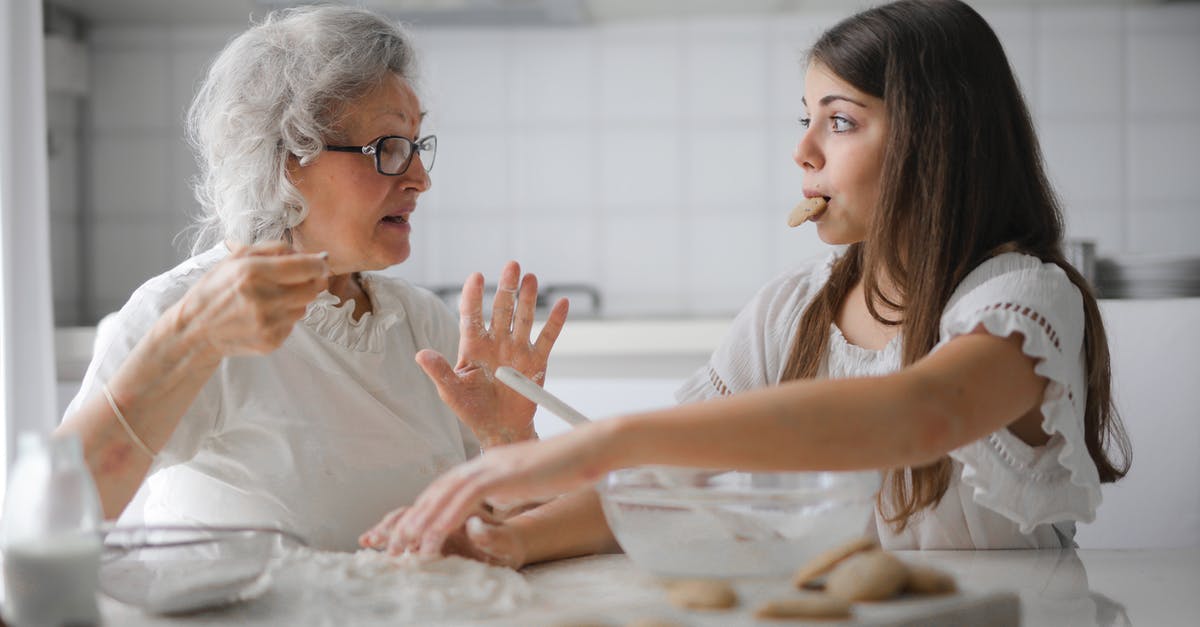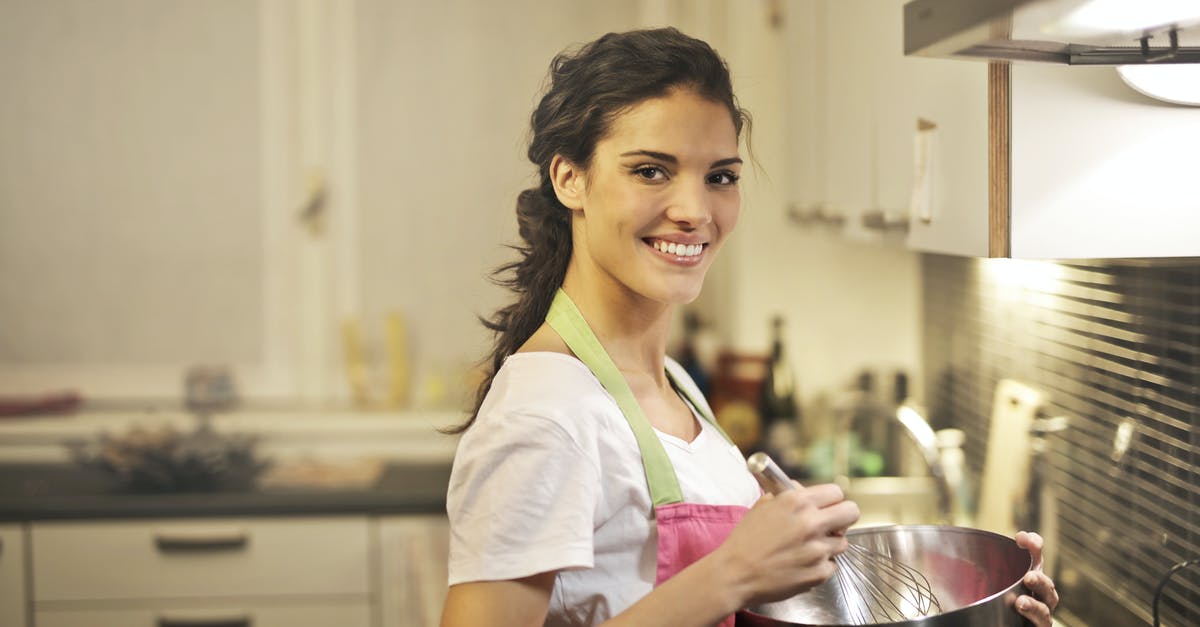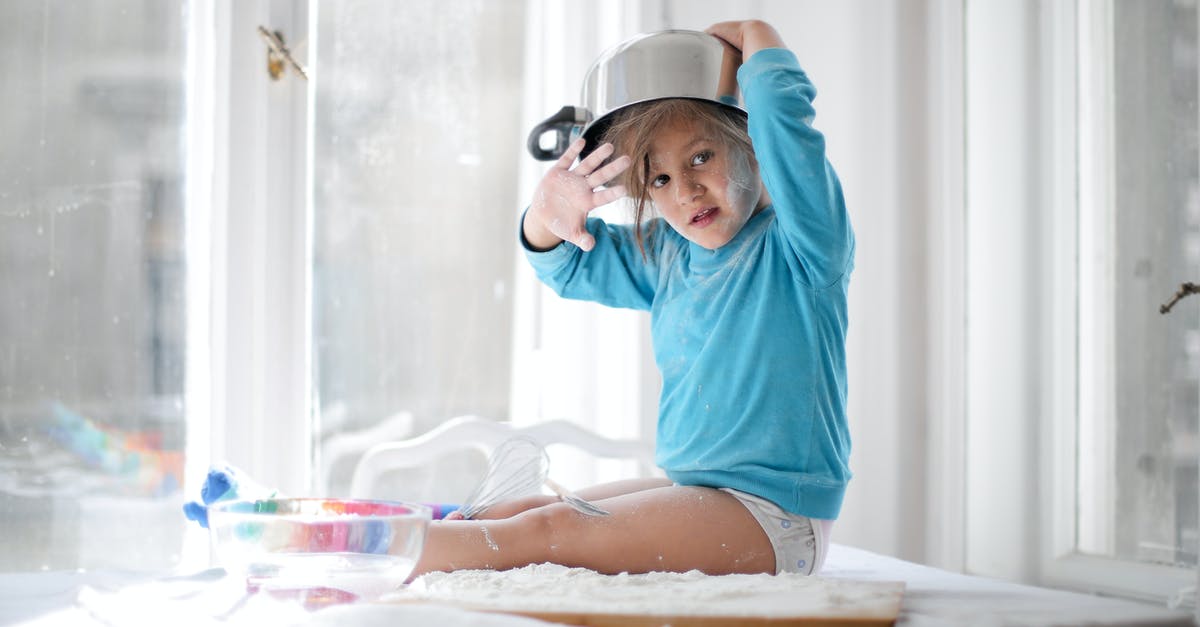What should I look for in a cooking class?

I'm looking classes where I can learn to cook. I've found many options, but I'm weary of spending time and money (and a babysitter) for an experience that would have worked better in my own kitchen.
Is there anything I can look for when reviewing the cooking class's info? What things should I avoid? Or is it trial and error?
Best Answer
It really depends on what you are looking for in a cooking class. I can give you some thoughts from my own personal experiences, but I am sure there are many factors that you must consider, so you will get a variety of answers.
I am assuming you are talking about recreational (that is the industry term, as opposed to professional) classes; I don't claim to have good advise for choosing professional programs to become a line cook or patisserie on a career path to being a chef or pastry chef.
Facilities
The cooking school should tell where their class is taught. A local community class in a high school home-ec room or in a community center will usually offer basic facilities (although I imagine some will stun you...)
Commercial cooking schools or businesses should have photos of their classroom for you to peruse, and will usually brag about the equipment they offer (such as Viking stoves...)
Look at the pictures, and ask if the environment will be comfortable for you.
Level
How advanced is the class? If you already know how to temper your own chocolate, and own three dipping forks, you don't want to take a basic workshop in chocolate. On the other hand, if you have never made a biscuit, you might not want to take an advanced pasty course where croissants and puff pastry the order of the day.
Choose a class that is at the level you desire--the course guide should make this very clear.
Cleanup
Find out if the school has interns, or other staff who do the cleanup. Commercial schools tend to--otherwise, you might expect to be helped police and do dishes, especially in a community program like one hosted at a community center. You should be comfortable with the expectation.
Curriculum or Menu
Good cooking classes list exactly what dishes or items will be taught in the class in their class guide or curriculum. They should also specify the lessons learned or techniques applied. Often there is a theme, like "Valentines Dinner for Two" or "Pastry Intensive" Select classes that teach the techniques you want, and dishes you like.
Duration
Is it a one evening class, where you are in and out, and little is at risk, or a week long adventure where if you don't enjoy the format or the instructor, you have lost a week's tuition and a week's enjoyment. I once didn't come back from lunch on the 2nd day of a five day course because I didn't like the instructor's style.
For longer classes, you might ask for guarantees of a partial refund if the instructor or style or presentation is not to your liking, before signing up.
For day long and longer classes, find out if lunches or other relevant meals are provided (at commercial schools, they often are, either cooked as part of your curriculum, or done by staff or interns for your enjoyment), or whether you bring your own. Often there is not enough time to go out for lunch.
Presentation and Participation
There are several main ways cooking classes are taught; you want to be sure the style is one that you enjoy.
- Presentation only -- the instructor prepares dishes at the front of the room, and the students watch. Kind of like a cooking show on TV, but live and in person, so you can smell (and maybe taste afterwards), and ask questions.
- Each person (or group) prepares some -- the class is broken up into groups or individuals, each of whom prepare one or more dishes from the menu. You might not get to do the dish you wanted from the curriculum, but you will get hands-on for something. Usually, the groups will share afterwards, so you get to taste everything.
- Every person (or group) prepares everything -- you will get to prepare everything listed in the curriculum, and usually eat it.
Choose a format you are comfortable with, especially if you want to be sure you get to try a specific dish hands-on.
Pacing
When you evaluate the curriculum or menu, the manner of presentation, and the overall duration of the course, you should have some idea of how fast it goes.
Make sure you are comfortable with the pace. If you like a slow and pleasant pace, you don't want to be a in class where folks are expected to knock out their dishes fast--although those are often more the advanced classes at commercial schools.
Ingredients
Find out whether you bring your own ingredients, or they are supplied. (Most commercial cooking schools supply them, but community programs may not.)
Cost
Cost counts. Need I say more?
General
Talk to the folks at the school's customer service line (if they have one) if you have questions. Take a short class at the school to evaluate the facilities and their general style before splurging on a longer or more expensive class.
And bring your patience. By the nature of the beast, you often sit through things you know, or repetitions, or have to wait through lectures and demos before the hands-on portion.
If you can, bring a friend to share the experience, gossip with, and generally have a good time, should you be so disposed.
Bon chance.
Pictures about "What should I look for in a cooking class?"



How do I choose a cooking class?
Get the Most From Your Cooking Class: How to Choose a Class That's Right for YouWhat should I expect in a cooking class?
In a cooking class you can learn appropriate terminology that will help you to better read and understand recipe preparations. Basic Skills-A few of the basic skills you can learn in the kitchen are knife skills, basic cooking methods, such as searing and braising, menu development, and meal prep.What are the 5 basic cooking skills?
The 5 Basic Cooking Techniques That Every Healthy Chef Should Master- Master basic knife skills. ...
- Learn how to stir fry vegetables. ...
- Get comfortable with herbs and spices. ...
- Make your own nut milk. ...
- Get your grill on.
What are the 12 skills of cooking?
12 Cooking Skills Every Young Adult Should Learn- Making Stock. ...
- Creating a Flavorful Sauce. ...
- Cooking a Hot Breakfast. ...
- Mixing Up Fancy Cocktails. ...
- Saving Time and Dishes with One-Pot (or Sheet-Pan) Dinners. ...
- Whisking Together Homemade Salad Dressing. ...
- Prepping Meals. ...
- Roasting Vegetables.
What to expect at a cooking class in Italy! | Kravings
More answers regarding what should I look for in a cooking class?
Answer 2
I've only limited experience with classes, so I hope you get a better answer, but here's what I know.
If you are looking to learn, you should only think about hands-on courses, not the kind in a studio kitchen where you just sit and watch (and usually get to taste). Although the latter is a pleasant way to spend an evening, if you're anything like me, you won't retain much information. On the other hand, out of the classes I looked at in Canberra and here in Stockholm, the hands-on were way more expensive. I imagine it would be the same in Boston, so it will depend on your budget. If you do go for the studio kitchen + auditorium format there are usually opportunities to ask questions. It's worth planning a few questions in advance; the interaction will help reinforce what you have learnt.
Assuming you go for hands-on, try to get an idea of how many stations are available vs. class size. I tried out a class where I shared a station with two other students which was at least one person too many.
Apart from that I would try to learn as much about the location and teacher as possible. If you get to see the location, is it well equipped? Is it as clean as you think a kitchen should be? I personally would prefer a working Chef as a teacher. This way you can book a table at their restaurant before you book their class to make sure they can actually cook.
Sources: Stack Exchange - This article follows the attribution requirements of Stack Exchange and is licensed under CC BY-SA 3.0.
Images: Andrea Piacquadio, Andrea Piacquadio, Andrea Piacquadio, Andrea Piacquadio
